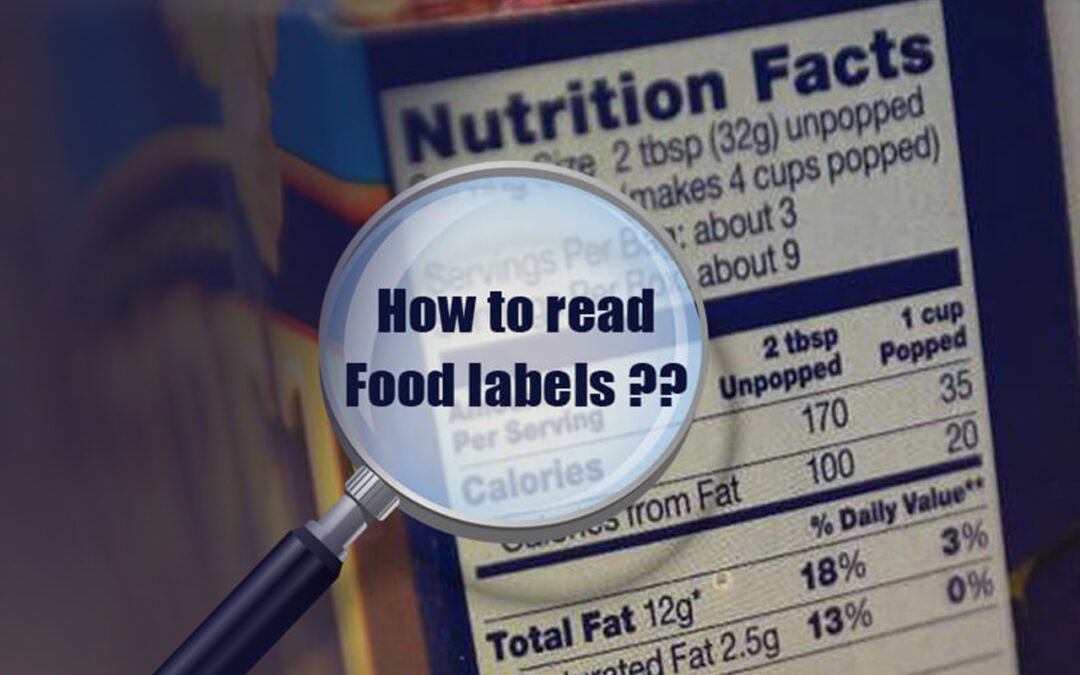When it comes to supplements, it can be difficult to know which ones are safe and effective. That is why it is important to understand how to decode supplement labels. In this blog post, we will be discussing what to look for on supplement labels. By the end of this post, you will be an expert in decoding supplement labels and understanding quality indicators and ingredients.
What To Look For On Supplement Labels?
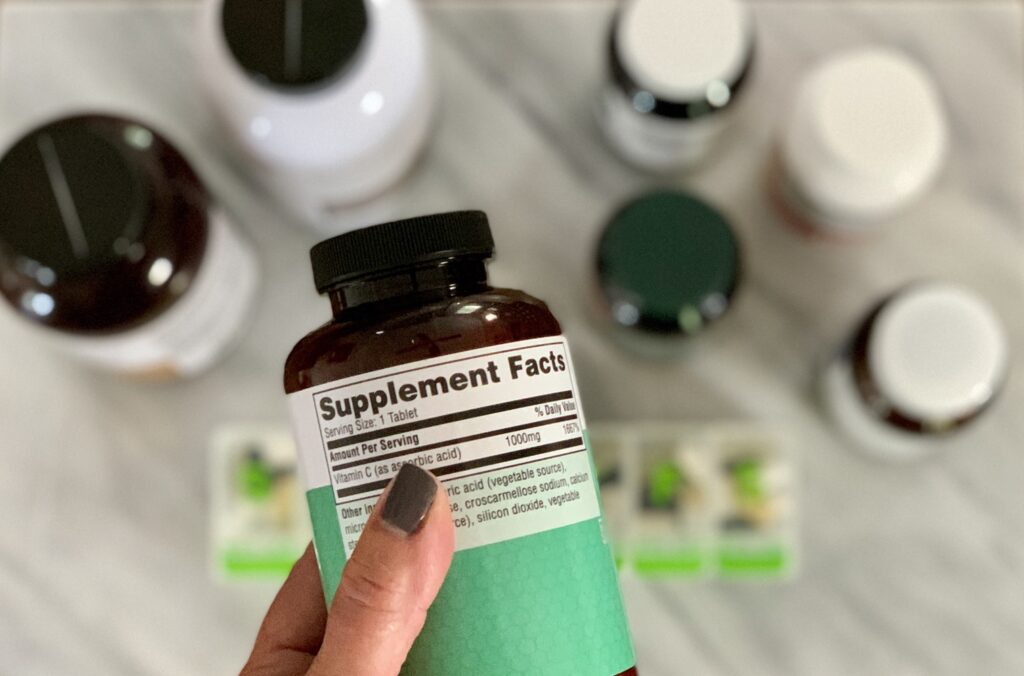
Source: balchem.com
When you’re looking for quality supplements, it can be overwhelming to decipher the labels and figure out what you really need. Here are some key things to look for on supplement labels:
- Serving size: This tells you how much of the supplement you should take at one time.
- Daily value (DV): The DV is the recommended daily amount of a particular nutrient. It’s based on a 2,000 calorie diet and is often listed as a percentage (%). Make sure to check the DV of the nutrient you’re interested in and compare it to your daily needs.
- Active ingredients: This is the main ingredient that provides the supplement’s intended benefit. Make sure to read the label carefully and ensure that the active ingredient is what you’re looking for.
- Other ingredients: These are the other components of the supplement, such as fillers, binders, and preservatives. Be sure to check for any potential allergens or ingredients that you’re sensitive to.
- Expiration date: Always check the expiration date to ensure that the supplement is still safe and effective to use.
- Certification: Look for third-party certification seals such as USP, NSF, or ConsumerLab.com. These certifications indicate that the supplement has been tested for quality and purity.
- Dosage instructions: Make sure to read and follow the dosage instructions carefully. Taking too much of a supplement can be harmful, while taking too little may not provide any benefits.
By paying attention to these key elements, you can make informed decisions about which supplements to take and ensure that you’re getting the nutrients you need in a safe and effective way.
Types Of Quality Assurance Programs
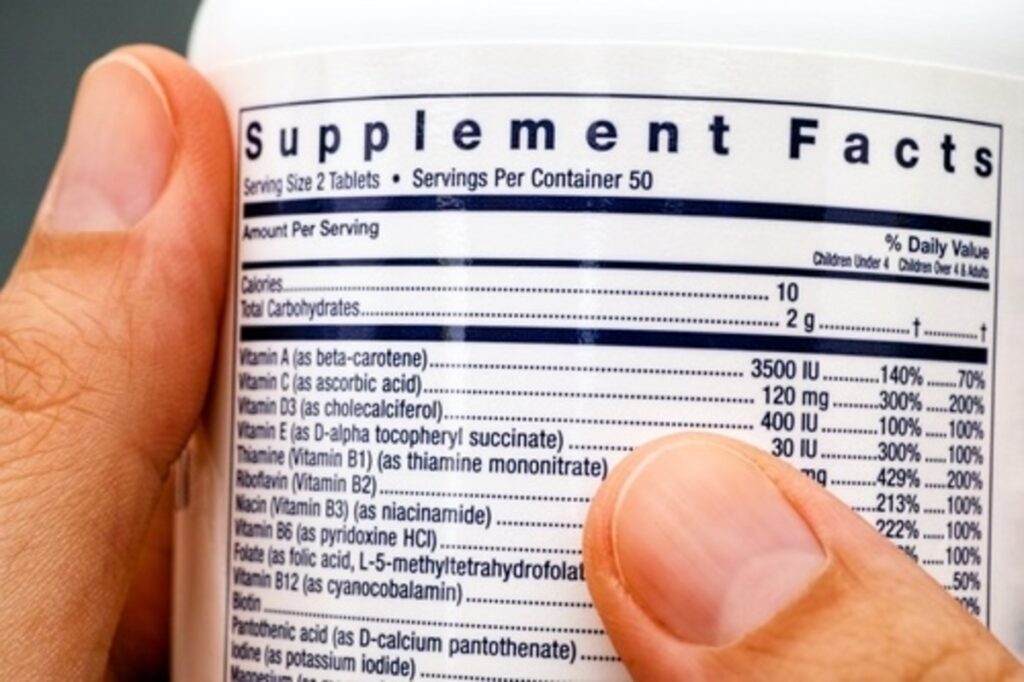
Source: consumerlab.com
Quality assurance programs are implemented by organizations to ensure that their products or services meet a certain level of quality. These programs can vary widely depending on the industry and the specific needs of the organization. Here are some common types of quality assurance programs:
- ISO 9001: This is a widely recognized international standard for quality management systems. It provides a framework for organizations to implement processes that ensure consistent quality in their products or services.
- Six Sigma: Six Sigma is a data-driven methodology that focuses on reducing defects and improving quality. It emphasizes the importance of statistical analysis and uses a set of tools and techniques to identify and eliminate sources of variation in processes.
- Total Quality Management (TQM): TQM is an approach to quality management that emphasizes the involvement of all employees in the continuous improvement of processes. It focuses on customer satisfaction and uses a range of tools and techniques to improve quality, including statistical process control, benchmarking, and employee empowerment.
- Lean: Lean is a methodology that aims to eliminate waste and improve efficiency in processes. It focuses on identifying and eliminating non-value-added activities and improving flow to increase speed and reduce costs.
- Good Manufacturing Practice (GMP): GMP is a set of regulations that govern the manufacturing and testing of pharmaceuticals, medical devices, and food products. It ensures that products are consistently produced and controlled to meet quality standards.
- Hazard Analysis and Critical Control Points (HACCP): HACCP is a systematic approach to identifying and controlling food safety hazards. It involves a set of procedures that focus on preventing, eliminating, or reducing hazards to acceptable levels.
By implementing quality assurance programs, organizations can ensure that their products or services meet the highest standards of quality and that they are meeting the needs of their customers.
Are Natural Supplements Better?
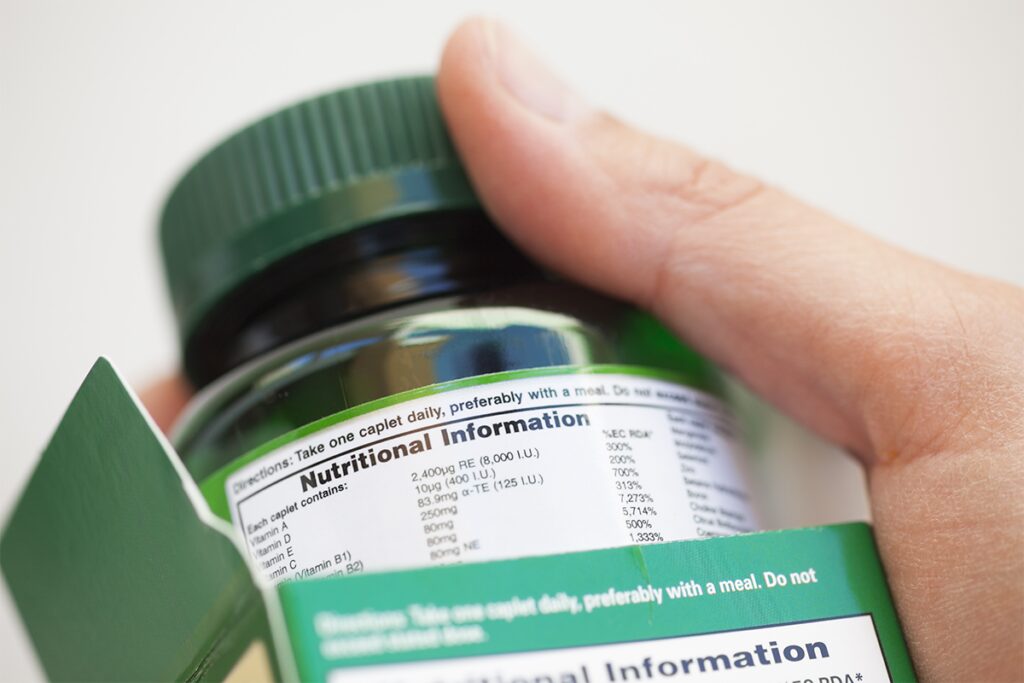
Source: fullscript.com
The question of whether natural supplements are better than synthetic ones is a complex one. While natural supplements are derived from plant or animal sources and are often marketed as being “more natural,” this does not necessarily mean they are better or safer than synthetic ones. Here are some key points to consider:
- Safety: Just because a supplement is natural does not mean it is safe. Some natural supplements can interact with prescription medications or have side effects, just like synthetic ones. It’s important to talk to a healthcare provider before taking any new supplement, whether it is natural or synthetic.
- Efficacy: Some natural supplements have been shown to be effective for certain health conditions, while others have not. The same is true for synthetic supplements. It’s important to look at the evidence for a specific supplement before deciding whether it is effective.
- Quality: Both natural and synthetic supplements can vary in quality, depending on the manufacturer and the production process. It’s important to choose supplements from reputable companies that follow good manufacturing practices and are transparent about their ingredients.
- Availability: Natural supplements may be more readily available in some areas or may be preferred by some people for personal or cultural reasons. Synthetic supplements, on the other hand, may be more affordable or easier to find in other areas.
In summary, whether natural supplements are better than synthetic supplements depends on a variety of factors. It’s important to do your research, talk to a healthcare provider, and choose supplements from reputable companies to ensure that you are getting a safe and effective product.
To Sum Up
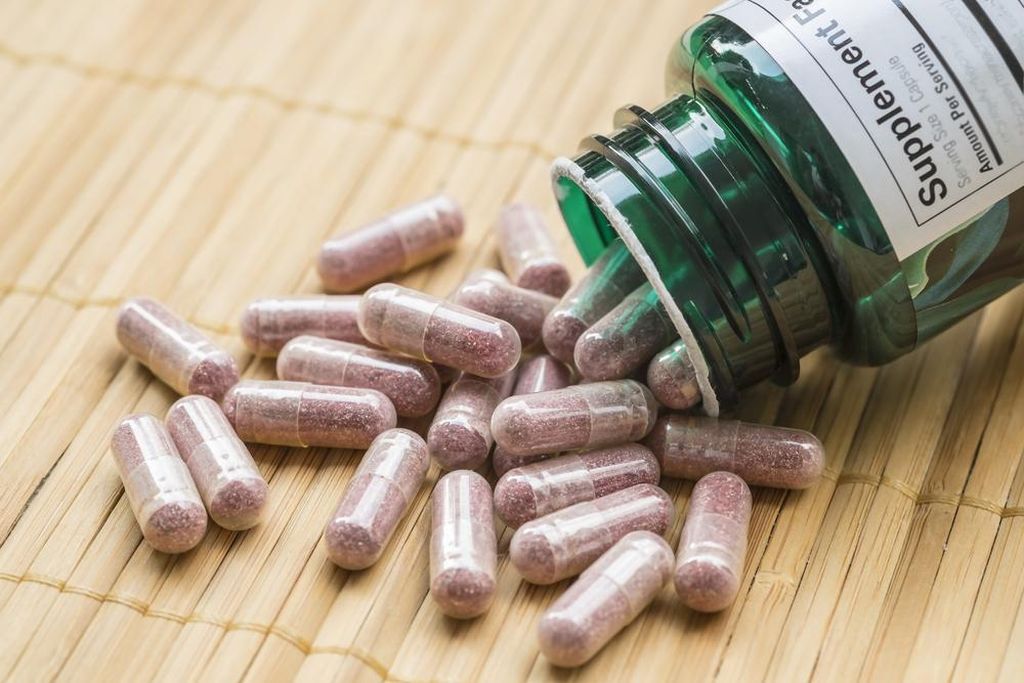
Source: truesport.org
By understanding how to decode supplement labels, you can ensure that you are consuming safe and effective supplements. Always be wary of any claims made on labels or websites and consult with a third-party certification body before investing in any type of supplement. Doing so will help ensure that you are taking only the highest-quality products available.

